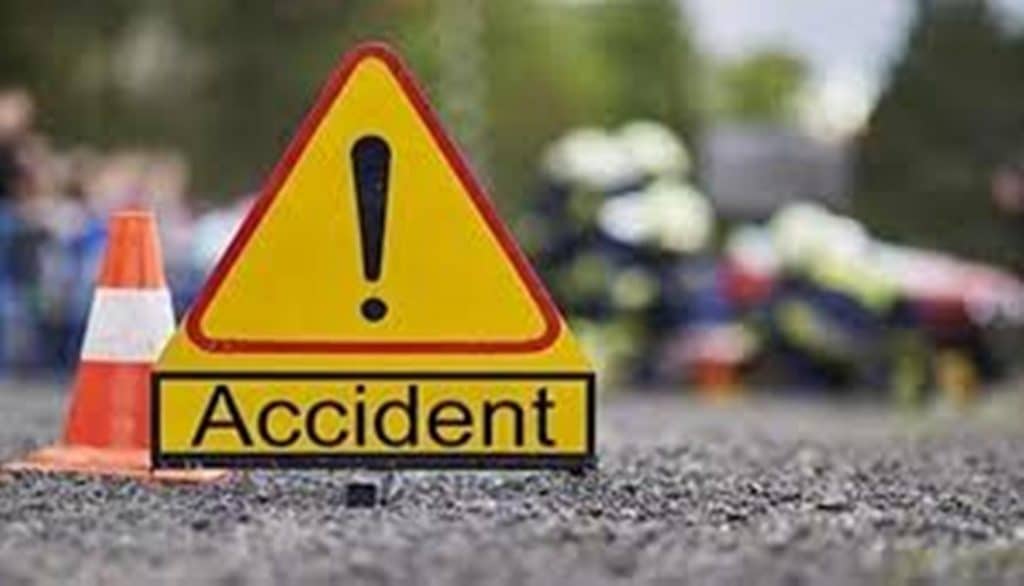In just three short months, 295 lives have been lost and 315 people injured in road accidents across 24 states and the Federal Capital Territory. Ogun State and Kwara State have been particularly hard hit, with 43 and 28 fatalities respectively.
The sheer scale of this tragedy calls for an urgent need for unwavering action to tackle the scourge of road accidents in Nigeria.
As we mourn the loss of precious lives, we must also ask ourselves: what can be done to prevent such carnage on our roads?
It is alarming that the causes of these accidents remain unchanged over the years, indicating a lack of meaningful progress in addressing the underlying issues. The status quo is unacceptable, and it is imperative that we take concrete steps to tackle this national crisis.
The deplorable state of our roads is a significant contributor to the alarming rate of accidents. Crumbling infrastructure forces drivers to navigate treacherous potholes, leading to avoidable tragedies.
It’s disheartening that governors prioritise building flyovers in capital cities while neglecting other critical road networks. Even when efforts are made to repair these roads, they often deteriorate rapidly due to subpar construction.
Furthermore, the roadworthiness of vehicles plying our roads is a major concern. Commercial vehicles, in particular, are often operated with worn-out tires, faulty brakes, and poor lighting, putting lives at risk. Enforcement agencies tasked with ensuring compliance frequently fail to do their job, and when they do, they prioritize revenue generation over safety.
Corruption also allows unqualified drivers to operate vehicles, further compounding the problem.
To make matters worse, some drivers operate under the influence of alcohol, posing a significant threat to themselves and others. It’s imperative that we address these systemic issues to reduce the number of accidents and ensure safer roads for all.
Nigerians’ driving habits are a significant concern, requiring extra caution on our roads due to the prevalent poor road manners. Many drivers exhibit impatience and disregard for basic traffic rules, such as stopping at traffic lights.
Commercial vehicle drivers often prioritise quick profits over safety, overloading their vehicles and even using goods vehicles to transport passengers.
To address the urgent need for improvement, our law enforcement agencies must take their responsibilities seriously.
The Federal Road Safety Corps and directorates for road traffic services must shift their focus from revenue generation to ensuring proper driver licensing, vehicle roadworthiness, and enforcing traffic regulations. By doing so, we can significantly reduce road accidents in a short time. It’s time for a change in attitude and a commitment to safety on our roads.
It is crucial for them to intensify efforts in educating the public on the importance of following basic traffic rules and ensuring that vehicles on the roads are roadworthy. This can be achieved through cooperation with various road unions to educate drivers.
Federal and state governments also have a responsibility to provide Nigerians with good road networks. The current state of many roads, which can be described as death traps, is unacceptable. We urge state governors to prioritise fixing the numerous roads in their regions over constructing flyovers in state capitals to ensure the safe movement of people and goods.
Additionally, we strongly advocate for the strict enforcement of laws against drivers whose reckless behavior results in the loss of lives. It must be made clear that such reckless actions will not be tolerated, or the situation will only worsen.
More importantly, Nigerians must learn to observe basic traffic rules and respect each other on the road. Being patriotic and law-abiding citizens is essential for ensuring a prosperous and peaceful nation. This responsibility begins with each one of us.
The persistence of these avoidable tragedies requires a multifaceted approach. We must improve road safety infrastructure, enforce traffic regulations, and promote public awareness campaigns.
It is important to address the root causes of these accidents, such as reckless driving, poor vehicle maintenance, and inadequate emergency response systems.
Also, the Governments should implement mandatory retraining programs for drivers who have been involved in accidents or have multiple traffic violations. This can help improve driving skills and awareness of traffic rules.
Meanwhile, there should be enhancement of emergency response systems to ensure timely and efficient medical assistance for accident victims. Quick response times can significantly reduce fatalities and severe injuries.
Launching community engagement programs to educate the public about road safety which may involve local communities can help create a culture of safety and responsibility among road users.

